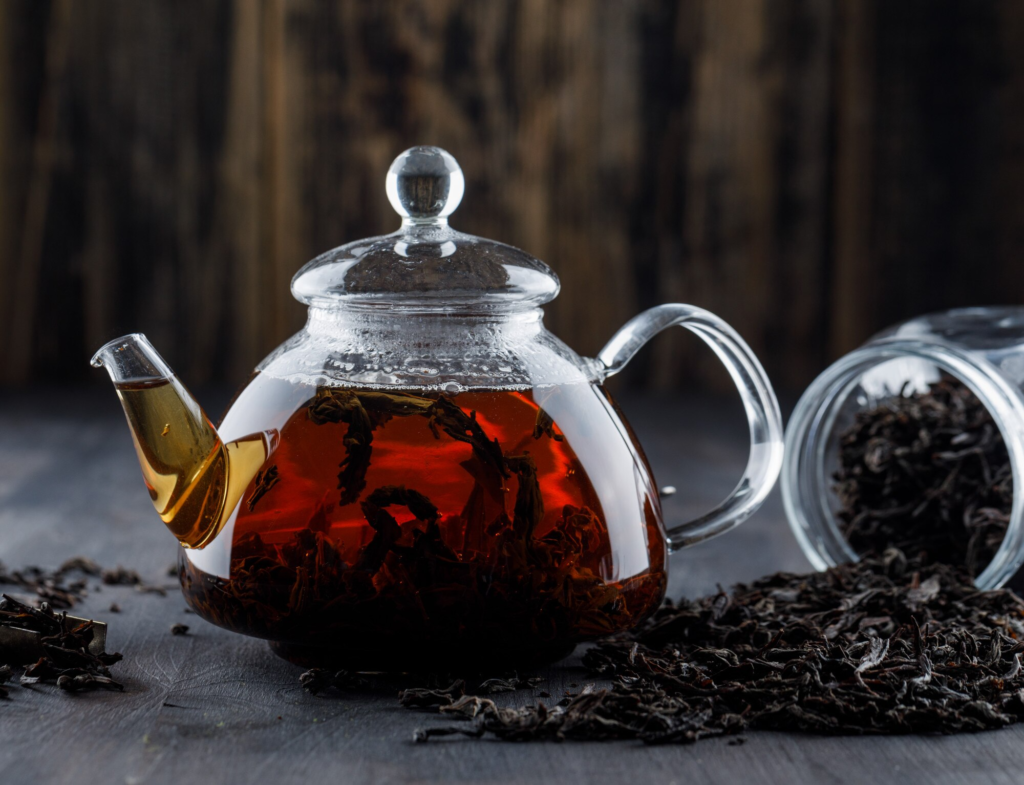Concerning Discovery About Teabags Every Tea Drinker Should Know

Researchers from the Universitat Autònoma de Barcelona have discovered a hidden danger in teabags—microplastics. When steeped in boiling water, teabags made of polypropylene or nylon release billions of plastic particles into your brew. A study tested three common teabag types, revealing polypropylene bags as the worst culprits, shedding 1.2 billion particles per milliliter. While our bodies can expel some plastics, others penetrate cell nuclei, raising health concerns. Scientists urge stricter regulations on plastic food packaging. For safer sipping, switch to loose-leaf tea with a metal strainer. The humble teabag’s impact on health reminds us of the pervasive nature of plastic pollution.

Tea, a beloved beverage enjoyed worldwide, is often praised for its comforting flavors and health benefits. However, recent research reveals a troubling secret hiding in the humble teabag. Scientists from the Universitat Autònoma de Barcelona have uncovered that many teabags release billions of microplastics into your brew when steeped in hot water. This startling discovery sheds light on the growing issue of plastic pollution and its potential risks to human health. With teabags made from polypropylene and nylon emerging as significant contributors, the findings urge us to rethink our brewing habits and consider safer, more sustainable alternatives.

Your Tea Might Be Steeped in Plastic
A soothing cup of tea might not be as innocent as it seems. Scientists have discovered that certain teabags release staggering amounts of microplastics into your drink. When steeped in hot water, materials like polypropylene and nylon can shed billions of tiny particles into the liquid you consume.
What Did the Study Reveal?
Researchers brewed 300 teabags of three popular types: polypropylene, nylon, and a supermarket variety. Results were shocking. Polypropylene teabags released a whopping 1.2 billion microplastic particles per milliliter, while nylon bags shed 8.18 million particles. These microscopic plastics, with some even entering cell nuclei, could pose risks to human health.
Why Are Microplastics a Concern?
While our bodies can expel some microplastics, others remain and may disrupt cellular functions. This contamination, previously linked to respiratory issues, is a growing health and environmental concern.
A Safer Sip: How to Brew Smarter
To avoid plastic-laden tea, opt for loose-leaf tea with a stainless-steel strainer. This eco-friendly alternative not only reduces plastic pollution but also ensures a purer, healthier cup.
The Call for Change
Researchers emphasize the need for stricter regulations on plastic in food packaging and urge consumers to make informed choices. With tea being a daily ritual for many, the findings highlight the urgent need to rethink our brewing habits for the sake of health and the planet.
Final thoughts
The study unveils a startling truth about the hidden risks in our daily tea rituals. Teabags made of polypropylene and nylon release billions of microplastics into your drink, raising concerns about health and environmental safety. To protect yourself and the planet, consider switching to loose-leaf tea with a reusable strainer. This simple change can make a significant difference. The question remains: how much longer can we ignore the microplastic crisis in our everyday lives?
How do microplastics from teabags affect your body?






